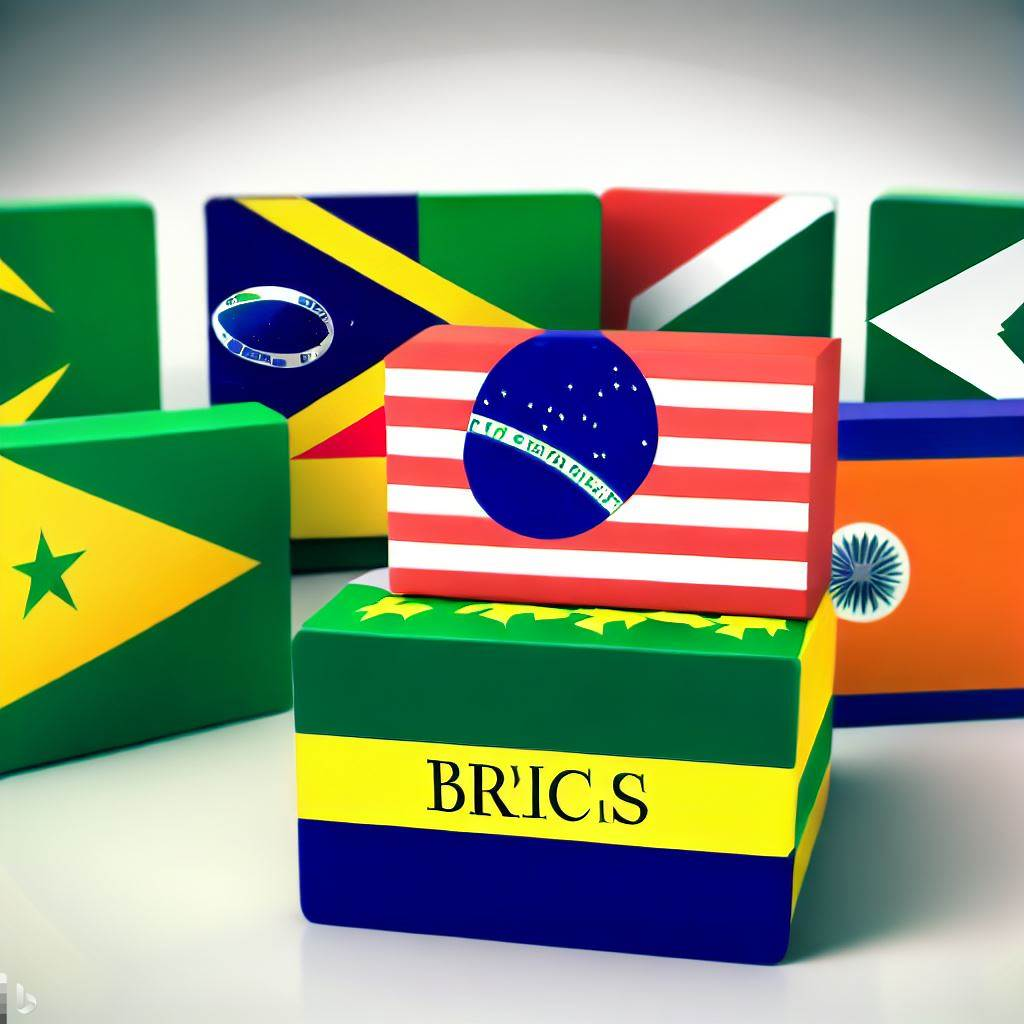BRICS is a group of five emerging economies: Brazil, Russia, India, China, and South Africa. The group was formed in 2009 to enhance cooperation and coordination among its members on various issues such as trade, finance, development, and security. BRICS has been seen as a potential counterweight to the dominance of the US and its allies in the global order.
On August 26, 2023, BRICS announced its intention to expand its membership by inviting six more countries: Iran, Saudi Arabia, the United Arab Emirates, Egypt, Ethiopia, and Argentina. The decision was made at the 17th BRICS summit in Johannesburg, South Africa. The new members are expected to join the group on January 1, 2024.
The expansion of BRICS has raised some questions and concerns in the West, especially in the US and Germany, which are the leaders of the G7 group of advanced economies. How did they react to the news of BRICS enlargement? Here are some of the main points from their official statements and media reports:
US reaction
- The US downplayed the significance of BRICS expansion and said it does not see the group as a geopolitical rival. US national security advisor Jake Sullivan said that the BRICS countries have different interests and agendas and that they are not united by a common vision or ideology1.
- The US also said it will continue to work with its partners and allies in various forums to maintain global peace and security. A State Department spokesman said that the US respects the right of countries to choose their associations and that it does not view BRICS as an anti-Western platform1.
- The US also focused on the upcoming G20 summit in New Delhi, India, where it hopes to achieve strong outcomes that will demonstrate the G20’s role as the premier forum for economic cooperation. The US said it will seek to address issues such as climate change, pandemic recovery, digital transformation, and global taxation1.
Germany reaction
- Germany also expressed a relaxed attitude towards BRICS expansion and said it does not see the group as a threat. German Foreign Minister Heiko Maas said that Germany welcomes any initiative that contributes to global stability and cooperation. He also said that Germany has good relations with all BRICS countries and that it will continue to engage with them on various issues2.
- Germany also said it will focus on strengthening its ties with other regional groups such as ASEAN (Association of Southeast Asian Nations) and AU (African Union). Maas said that Germany sees these groups as important partners for addressing global challenges such as climate change, human rights, and security2.
- Germany also emphasized its role as a mediator and bridge-builder between different actors and interests. Maas said that Germany is committed to multilateralism and dialogue and that it will use its influence to promote a rules-based international order2.
If you want to read more about this topic, please click on the links below:
In conclusion, the United States and Germany have both reacted to the expansion of BRICS with a mix of optimism and caution. They recognize the economic potential of closer cooperation with these emerging economies, but also have concerns about the impact on their own global influence and the need to uphold democratic values. As the BRICS bloc continues to grow and assert its presence on the world stage, it will be crucial for all parties involved to engage in constructive dialogue and find common ground for mutually beneficial partnerships.



